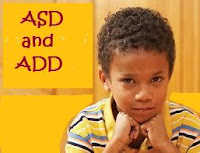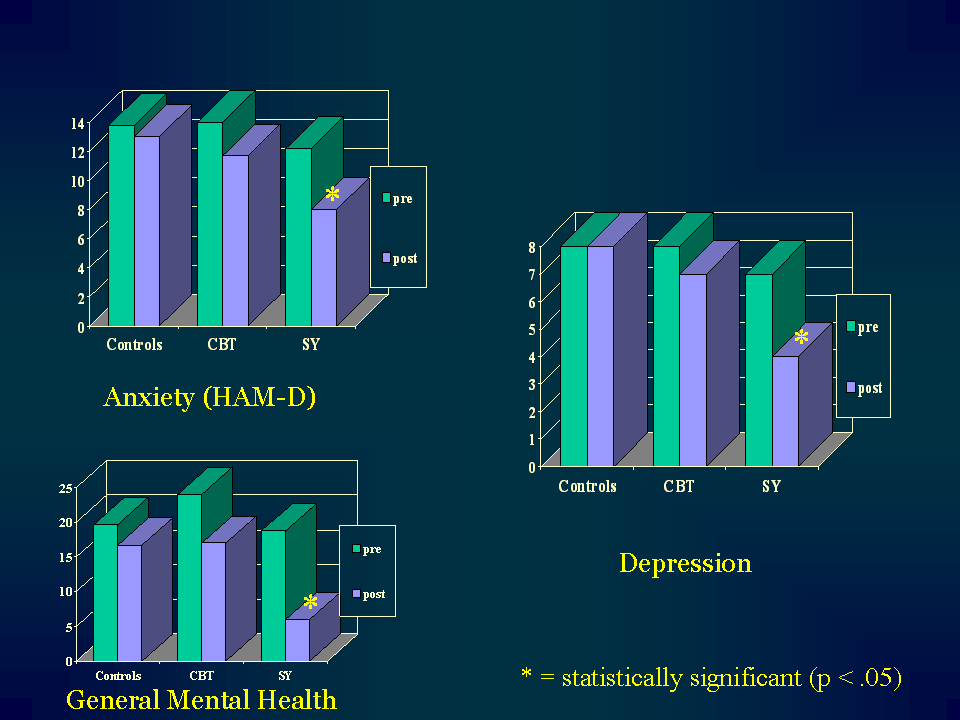Parenting Children and Teens on the Autism Spectrum: Instructional YouTube Videos by Mark Hutten, M.A.

Aspergers Students: Tips for Teachers Help for Parents with Defiant Aspergers Teens How To Monitor What Your Aspergers Child Does Online What is the difference between a meltdown and a tantrum? The Aspergers Comprehensive Handbook Mother of an Aspergers child tells her story... Aspergers Meltdowns MyAspergersChild.com - Advertisement As Seen On NBC How to Prevent Meltdowns in Aspergers Children An Aspergers Teenager Talks His Experience Asperger's Syndrome Documentary This Emotional Life A film made by young people with Aspergers Syndrome... Asperger's Documentary - My Crazy Life Asperger's Syndrome: A Real Story Living with an Aspergers Partner or Spouse Launching Older Teens and Adult Children With Aspergers Join Parenting Aspergers Children Support Group on Facebook Teaching Tips for Children with Aspergers Aspergers Teens Talk About Their Struggles Aspergers 101: The Basics Parenting A




